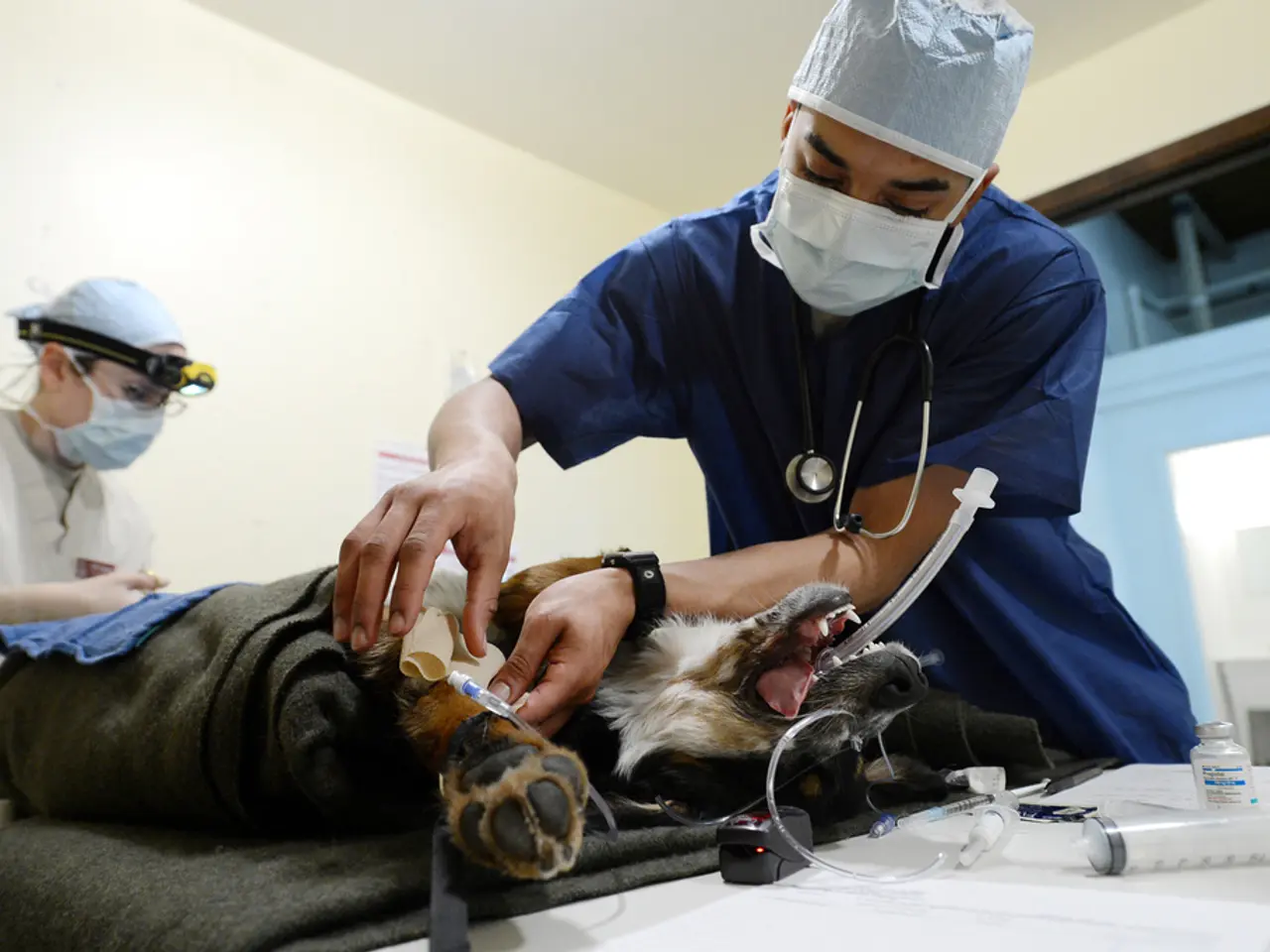Stage 2 Hidradenitis Suppurativa: Characteristics and Additional Information
Hidradenitis suppurativa (HS) is a chronic skin condition that affects many individuals worldwide. In HS stage 2, the symptoms become more severe, with recurrent abscesses, sinus tracts, scarring, single or widely separated lesions, and other distinctive features. This article outlines the key treatments for HS stage 2, including antibiotics, biologic therapies, surgical interventions, and adjunctive measures.
Antibiotics are often the first line of defence for HS stage 2. Systemic antibiotics such as oral tetracyclines (doxycycline or lymecycline) or erythromycin are commonly prescribed for 3 to 6 months. Topical clindamycin 1% applied twice daily for up to 3 months may be used in mild to moderate cases [2].
Biologic therapies, which target inflammatory pathways, have shown significant efficacy in moderate to severe HS, including stage 2. Adalimumab (40 mg weekly), approved by the FDA, has demonstrated remarkable results. Other emerging biologics like secukinumab, bimekizumab, sonelokimab, and lutikizumab are also being investigated, with sonelokimab showing a higher odds ratio for clinical response in trials [1][3].
Surgical interventions for HS stage 2 often involve excision of affected areas. A novel single-stage procedure combining radical unroofing and deepithelialization followed by skin grafting is less invasive than traditional wide local excision and has shown promising results for stage 2 and 3 HS. Wide local excision remains a standard treatment for more severe or refractory cases but involves prolonged healing and hospitalization [5].
Lifestyle modifications, such as weight loss and smoking cessation, are recommended. Warm baths and antimicrobial washes (chlorhexidine, bleach baths) may help reduce inflammation and improve symptoms [3][4].
In summary, treating HS stage 2 is a stepwise approach, starting with antibiotics, moving to biologics when needed, and considering surgical interventions for persistent or extensive disease. Novel surgical techniques may reduce the recovery burden compared to traditional excisions [2][5].
If you suspect you have HS, it's crucial to contact a doctor as soon as possible. The American Academy of Dermatology Association (AAD) also recommends using an antimicrobial wash to decrease bacteria in affected areas. Avoid overheating and excess sweating, as they may worsen symptoms.
Read also:
- Explored the Popular Health Assessment with a Queue of 100,000 Aspiring Participants - Here's My Unadulterated Opinion
- Hearing impairment condition: Recognizing symptoms and management approaches
- Signs of Cataracts Emergence: Impact on Vision and Further Details
- Thrombocytopenia in Large Scale: Root Causes, Identifiable Symptoms, and Available Treatment Options





